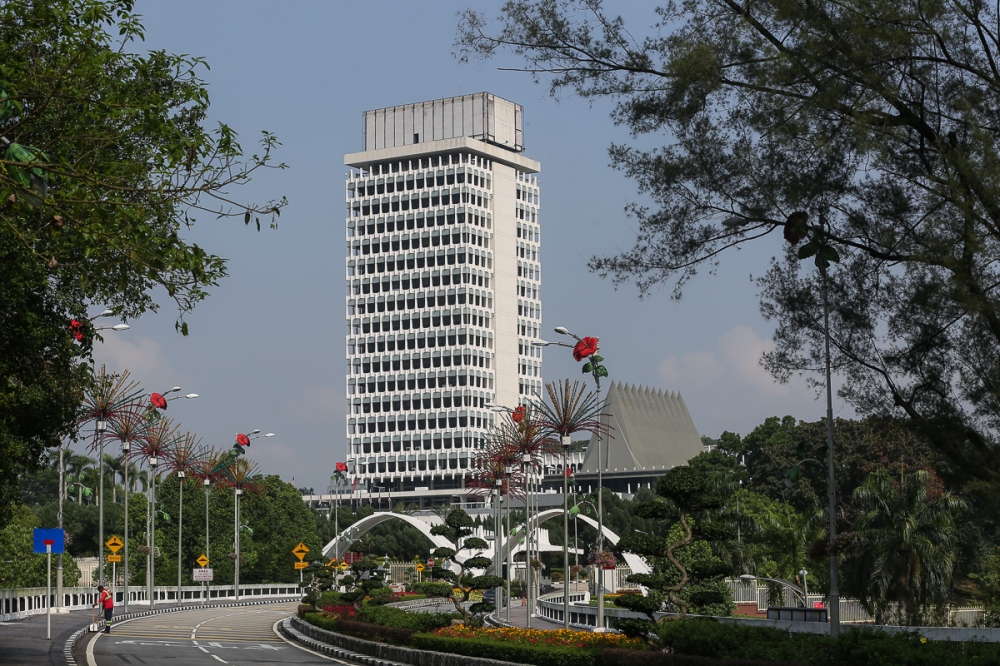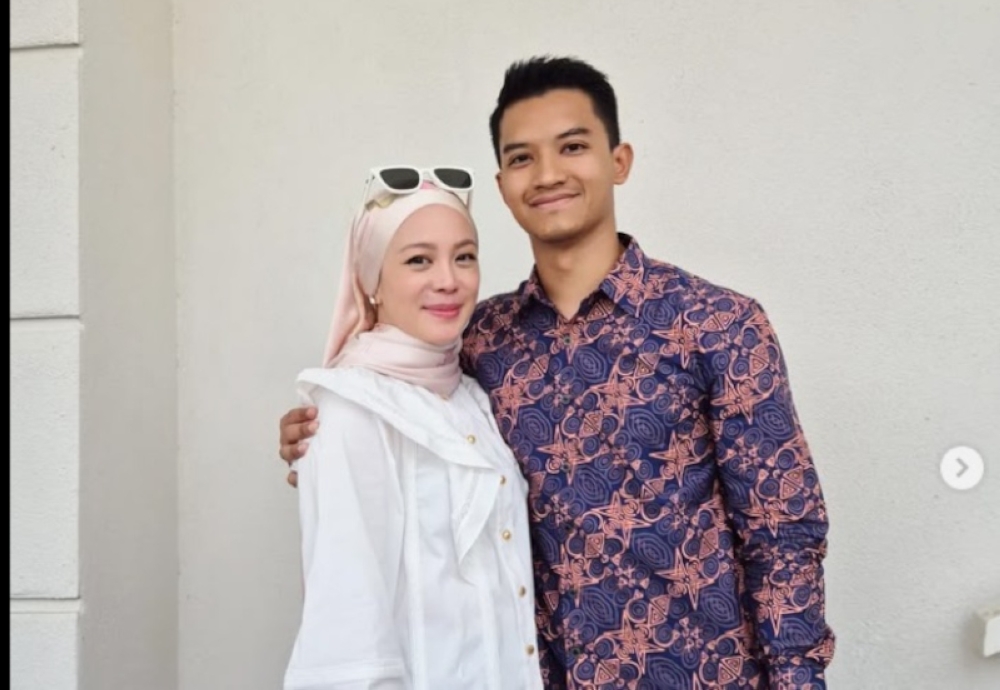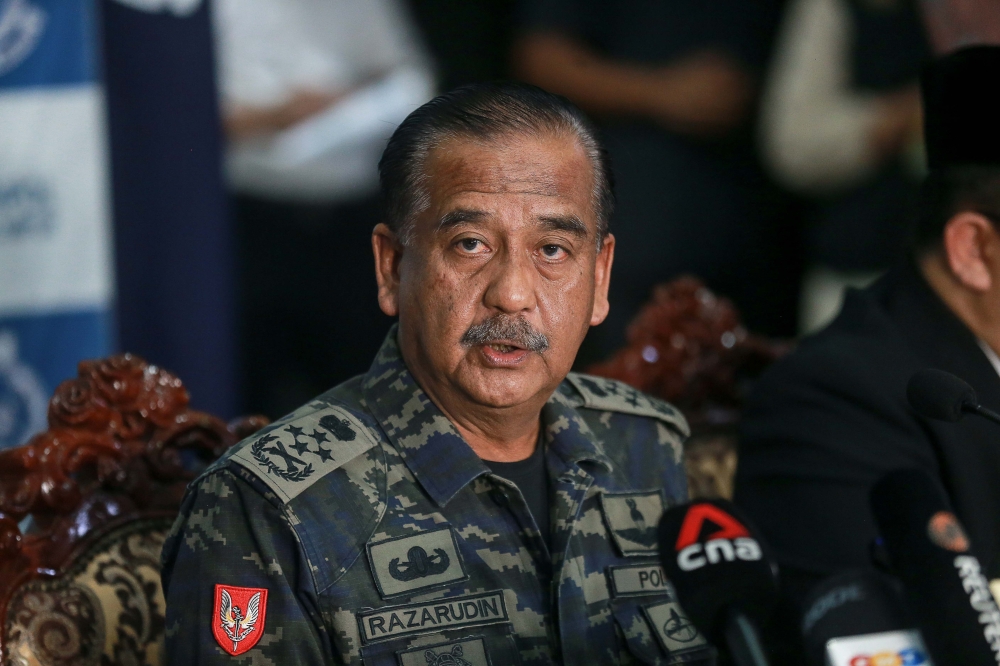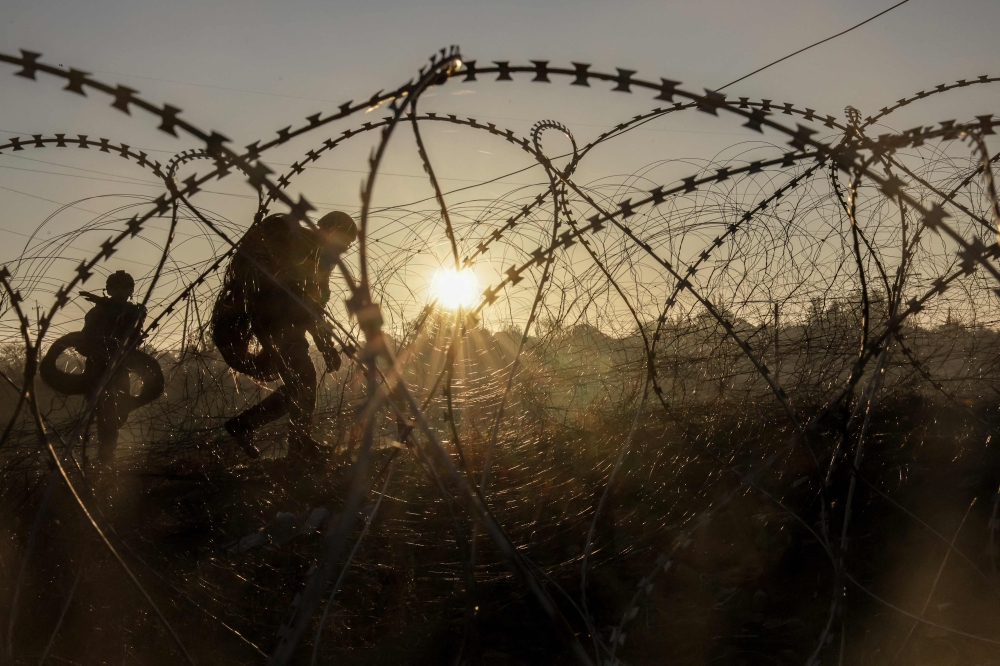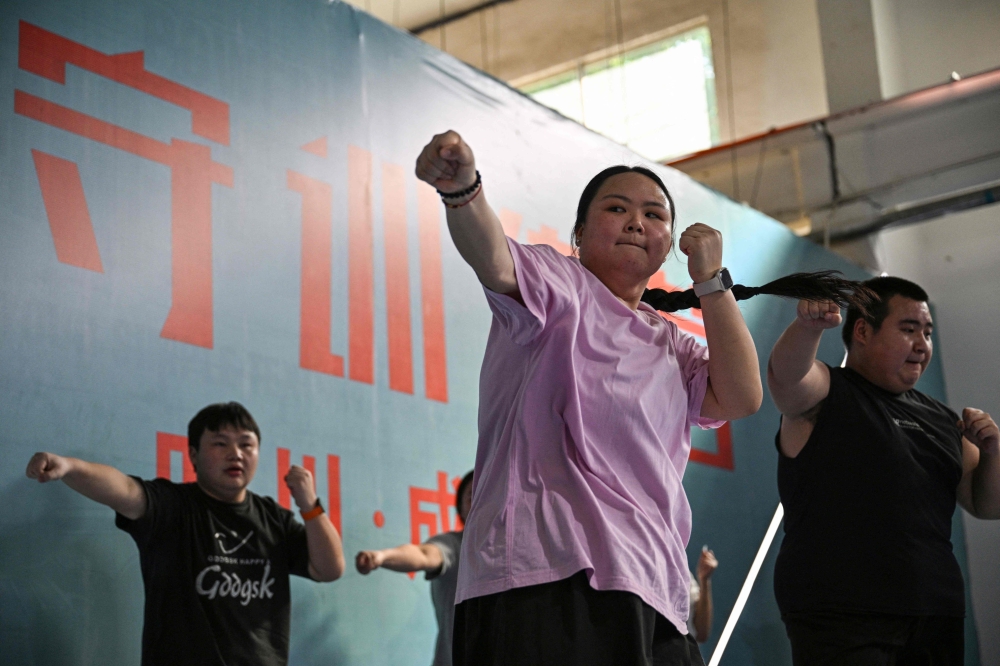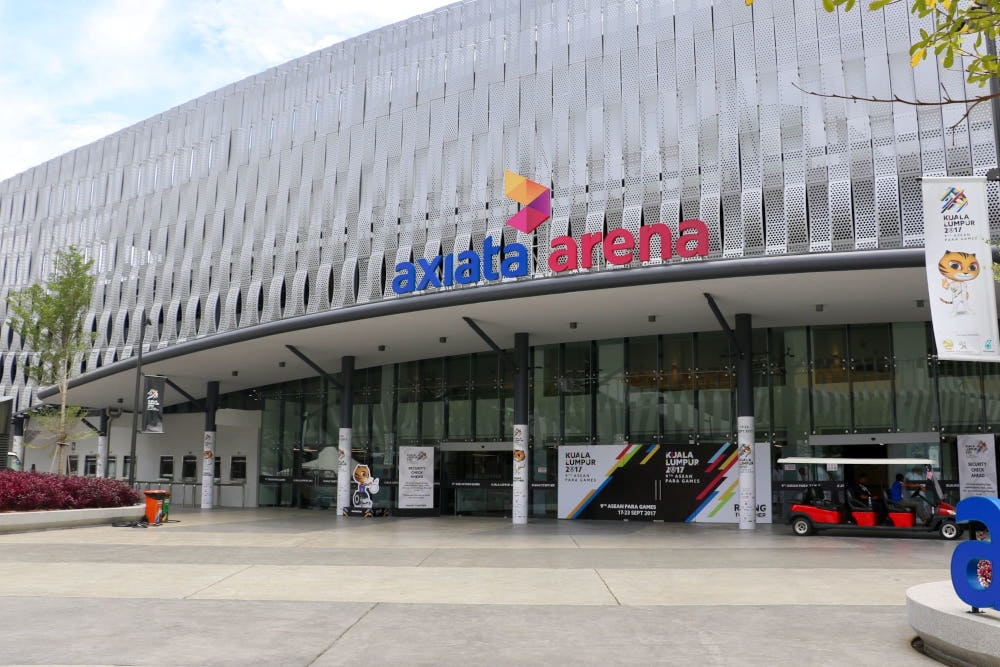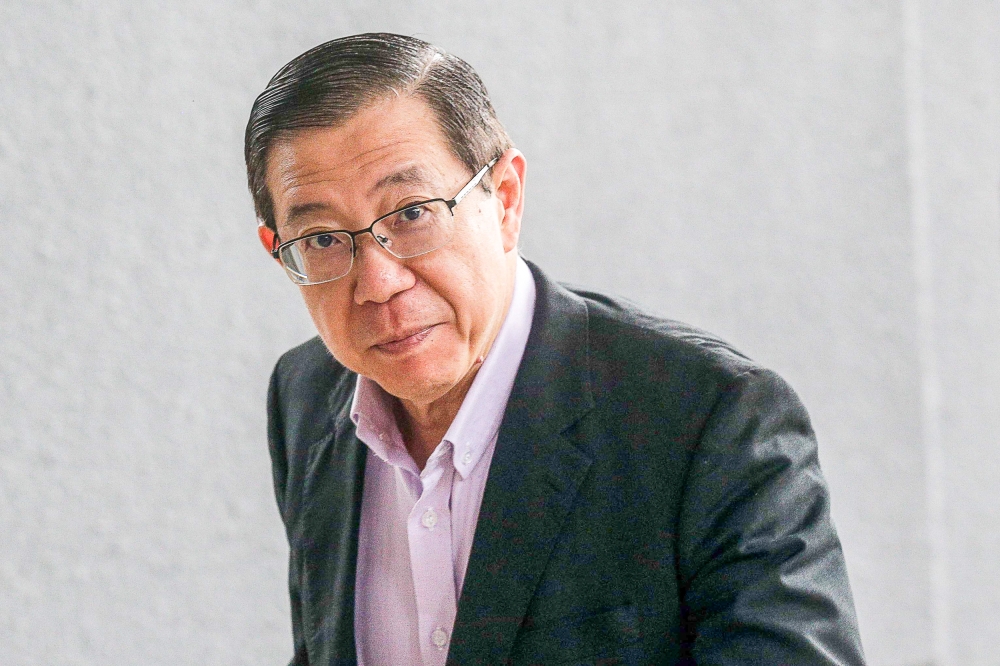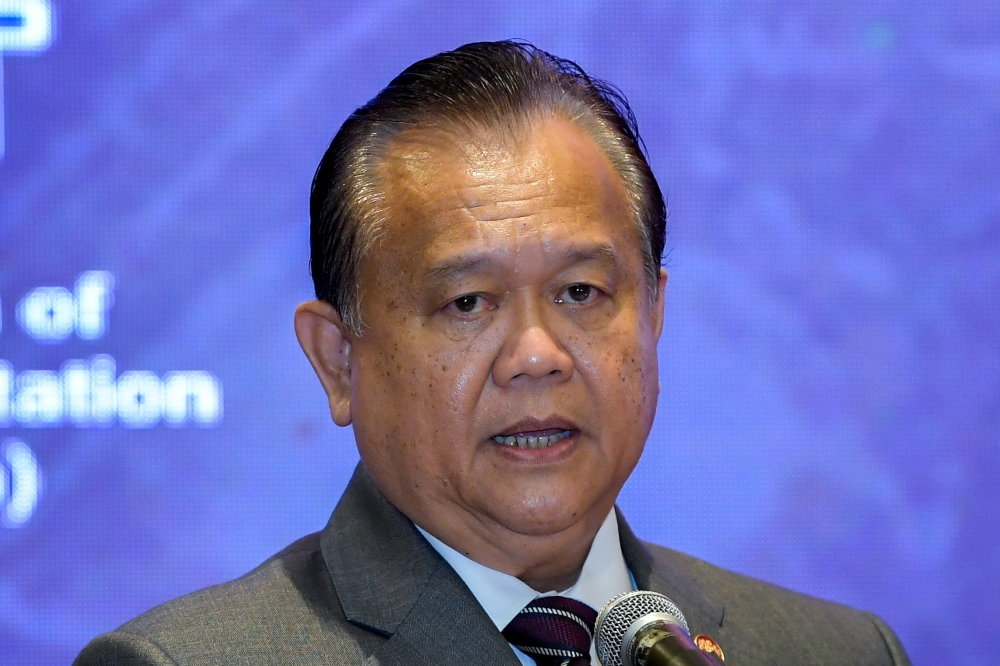BRASILIA, June 15 ― Brazil's central bank raised its benchmark interest rate for the 11th straight time yesterday, as high inflation continues to dog Latin America's biggest economy.
The bank slowed the pace of its tightening cycle with an increase of 50 basis points, bringing the Selic rate to 13.25 per cent ― its highest since January 2017.
The increase was in line with analysts' expectations.
The bank has waged one of the most hawkish anti-inflationary campaigns in the world, rapidly raising the key rate from a record low of two per cent in March 2021, introduced to jump-start the economy from its Covid-19 crash.
The headache now facing policy makers ― and hurting Brazilian consumers ― is surging prices, which the central bank has so far struggled to curb.
The annual inflation rate dipped 0.4 percentage point in May, but still stands at 11.73 per cent, far above the central bank's target of 3.5 per cent.
Wary of runaway inflation, the central bank made three whopping 150-basis-point rate hikes from October 2021 to February 2022, followed by three 100-basis-point increases.
Painful price increases, especially for food and fuel, have emerged as a key weak spot for President Jair Bolsonaro as he gears up to seek reelection in October.
The far-right incumbent faces an uphill battle against leftist ex-president Luiz Inacio Lula da Silva (2003-2010), who leads in opinion polls and is remembered for presiding over a booming economy.
That is a sharp contrast to today, with Brazil's economy struggling to bounce back from the pandemic and now reeling from the inflationary pressures unleashed by Russia's invasion of Ukraine.
Analysts forecast Brazil's annual inflation will stand at 8.89 per cent at the end of the year, according to the central bank's latest survey.
The hawkish tightening cycle meanwhile risks weighing down economic growth.
The same survey found the average forecast for Brazil's Gross Domestic Product growth this year was 1.2 per cent. ― AFP


